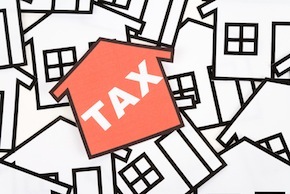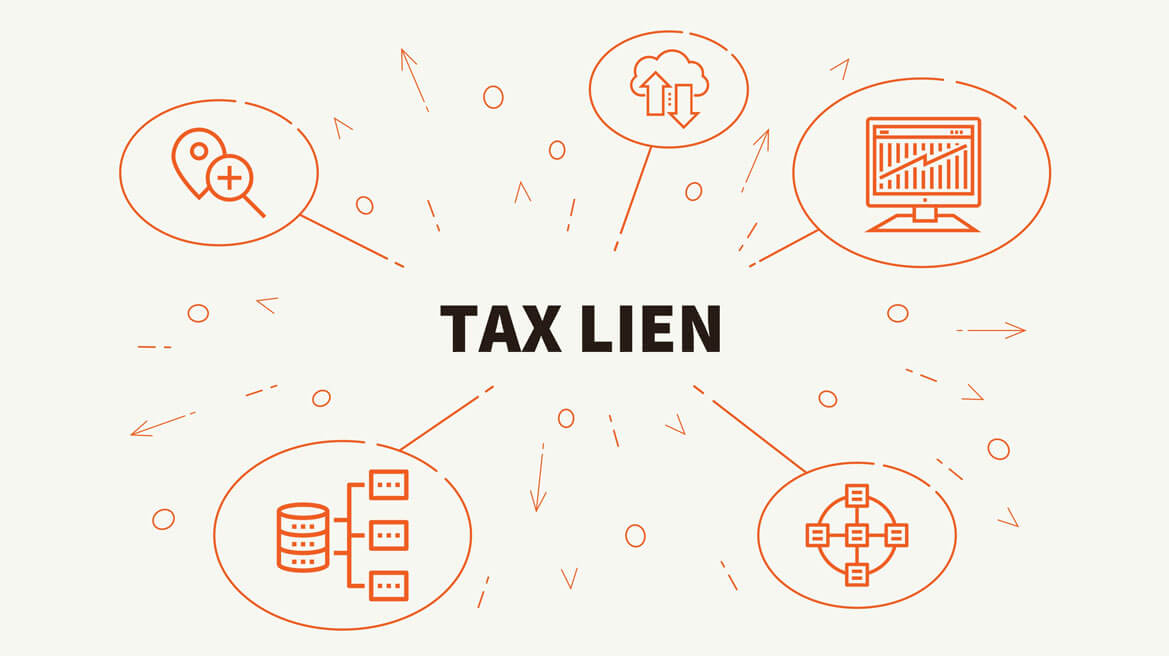All Categories
Featured
Table of Contents
If you have an interest in the tax lien repossession process, you need to contact a lawyer so you recognize and consider the threats of this kind of financial investment. - tax lien redemption period
Tax obligation lien sales are one manner in which cities and areas try to redeem some of the public bucks they have actually invested preserving these residential properties deserted by exclusive proprietors. However, as we'll clarify in this post,. As soon as property taxes are taken into consideration overdue, neighborhood governments typically concentrate on supplying notice of misbehavior and attempting to accumulate the unsettled quantities from the proprietor.
This procedure usually takes years - tax lien investing software. If a proprietor has actually strolled away and is reluctant to pay taxes or maintain the home, the city has to spend tax obligation bucks to preserve the residential property. These costsboarding up the building, trimming disordered turf and weeds, reacting to fire and police calls on the residential property, and moreadd up

Proprietors who have dropped on difficult times absolutely require every effort to maintain them out of misbehavior and in their homes. However normally, if the residential or commercial property is vacant and worn-out, we need to presume the proprietor has actually picked to desert their interest in the property and that they are "reluctant" to pay (though conditions earlier in the process may have forced their hand).
Is Investing In Tax Liens A Good Idea
Take, as an example, a single-family home where the owner has actually long considering that left. For years the city government has actually needed to action in and eliminate garbage unloaded in the yard, board up the doors and windows, and react to telephone calls about illegal activity on the home. All these solutions cost the city government taxpayer bucks.
In many states, those prices can be gathered in the same fashion as the unpaid tax obligations, yet not in all. (Something that Area Development highly supports for.) At some point, the complete debt becomes higher than what the building could market for. In a tax obligation lien sale (or tax certification sale) the city government generally holds a public auction where the winning prospective buyer consents to pay one of the most money for the right to apply the tax lien, starting with a minimum bid of at the very least the taxes had, plus applicable rate of interest, charges, and prices.

When a government offers the tax lien they are usually offering to a personal purchaser the neighborhood federal government's authority to accumulate the debt in exchange for ahead of time payment of the taxes owed. The customer's acquisition generally includes the capability to gain future passion, as well as recover relevant fees and expenses sustained by the purchaser, if the homeowner pays the tax obligation financial obligation.
This is, essentially, privatization of a core federal government function: taxation. Tax obligation lien sales are particularly poor when it concerns uninhabited, deserted, and deteriorated buildings because they prolong the duration prior to a residential or commercial property can be moved right into the hands of a brand-new, more accountable proprietor. Private tax obligation lien customers hold the financial debt, but they do not have the titlethe legal right to possession of the propertyand in most cases, they have no passion in obtaining it.
What Is Tax Lien Certificate Investing
Considering spending plan cuts, city governments in many states have actually minimized in-house real estate tax collection and enforcement initiatives and aimed to tax lien sales as a quick mixture of income - tax lien investing 101 (tax lien certificates investing risks). Many areas choose or are mandated by the state to sell tax obligation liens due to the fact that it outsources collection and commonly generates very required money earlier in the collection procedure
By moving the neighborhood federal government's interest in and enforcement of the tax obligation lien to an exclusive purchaser, regional governments shed a lot of their adaptability: flexibility to get uninhabited properties that the exclusive market doesn't want, or to aid the owner avoid shedding their residential property. With vacant homes, there is a much greater possibility that the private purchaser isn't thinking about the home itself.
Tax lien sales can create damage in historically disinvested locations. In a clinically depressed real estate market, less owners have the ability to redeem the amount of the financial debt marketed to a tax obligation lien customer. These areas are ripe for a different sort of tax lien investorspeculative proprietors seeking to obtain buildings on the low-cost by foreclosing on the real estate tax lien, milking what little equity is left by leasing a subpar home to at risk lessees, and afterwards abandoning the home when they have actually gained back their investment.

Not all state regulations give city governments the power to interfere in this cycle. In either case, the building stays vacant and in limbo, all the while enforcing considerable costs on its neighbors and taxpayers. It's reasonable that lots of city governments transform to tax obligation lien sales because they assist money important civil services.
If the local federal government rather offers the building (aka the "tax act"), as opposed to the tax obligation financial debt, after that they are in control of what occurs to the residential or commercial property and the enforcement procedure if the proprietor continues to not pay the building tax owed. The federal government will certainly give the proprietor a reasonable time to pay back the tax obligation financial debt, after which the federal government will confiscate its interest in the tax lien and the owner's right of redemption.
From their creation, these auctions were places for investors to benefit with exploitation. In early 20th-century cities, well-known "tax obligation sharks" like Chicago's Jacob Glos and New York's Charles Wiltsie amassed fortunes by purchasing up ratings of tax liens on houses, billing their proprietors exorbitant total up to remove the lien, or waiting up until the target date for negotiation passed and asserting the act.
Tax Lien Investing For Beginners

Phone call to abolish tax lien sales and overhaul tax obligation delinquency regulations have actually periodically emerged. Often, they have actually can be found in response to instances of inadequate, often elderly home owners that lost their homes to dishonest tax obligation purchasers over small tax debts. With a few exemptions, state legislatures have actually withstood structural reforms (profit by investing in tax liens).
Those that have settled their home mortgages (mainly senior citizens or persons who had actually inherited a household home) have to also find the cash to pay real estate tax. This explains why 70 percent of the homes offered at tax obligation lien sales are had outright. It is well hobby for states to adopt an even more humaneand much more effectivesystem for real estate tax enforcement.
Table of Contents
Latest Posts
Buying Land For Taxes Owed
Homes With Back Taxes
Tax Delinquent Property List
More
Latest Posts
Buying Land For Taxes Owed
Homes With Back Taxes
Tax Delinquent Property List